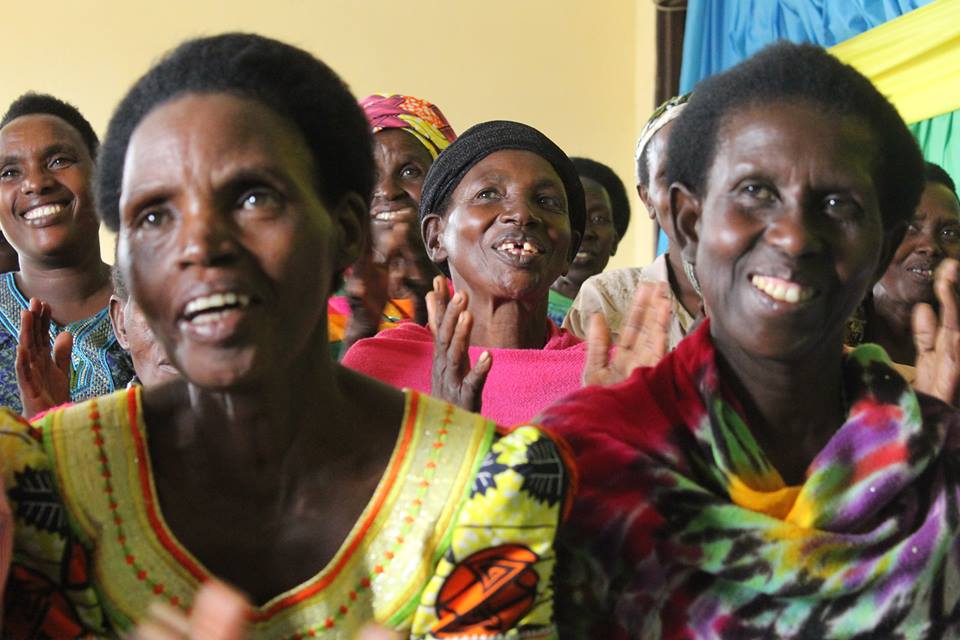
The HIV+ Survivors Empowerment Project (SEP) was started in April 2016 to provide holistic support to widowed survivors and their dependants, to reduce extreme poverty of widows and empower them to access available health services and reproductive health for their dependants, through funding from Comic Relief.
Since its initiation in April 2016, SEP has reached 1,596 beneficiaries in 8 districts across the Southern Province of Rwanda. Building on the foundation of livelihood development, SEP has fostered self-reliance in widows through the establishment of marketable businesses thus positively impacting their lives. With the support from AVEGA (Association of Widows of the Genocide), the widows formed 57 income generating activity (IGAs) groups, with 1,031 members (1,014 women and 17 men). All of them received livelihood development training as a precondition to receiving loans. As a result, 19 IGA groups composing of 231 members have accessed loans amounting to Rwf 26,269,800 (around £24,301). As part of the livelihood development training, widows were sensitized to start saving small amounts of money which they could later us to leverage for loans. At the end of the training, the groups together had saved Rwf 6,319,980 (around £5,846). In the same manner, 3 groups composed of 76 members, were able to start their own small businesses, using Rwf 2,974,700 from their own savings. Another 7 groups of widows composed of 96 beneficiaries submitted business proposals, and are waiting to receive loans to start their own IGAs. Two groups of 34 members were supported to access a grant through the social protection initiative of the Government of Rwanda, Vision 2020 Umurenge (known as VUP).
The livelihood development training has also prompted group collaboration and cooperative formation, resulting in enhanced social cohesion, reduced isolation and loneliness, and collective financial security among members for the establishment of new enterprises. SEP is addressing health issues through counselling of HIV+ widows and the provision of kitchen gardens, where 120 gardens were provided through the project to supplement the nutritional needs of more vulnerable HIV+ widows. In the area of counselling, SEP has helped to reach 241 beneficiaries who have received either individual and/or group counselling by AVEGA psychologists – though this intervention has been disrupted by inconsistent support of AVEGA psychologists from FARG, the Government Assistance Fund for Support of Vulnerable Genocide Survivors.
Finally, but by no means least, through SEP we have been able to undertake advocacy for elderly widows who because of their advanced age could not be supported through our livelihood interventions. We are advocating for them to receive greater support from local authorities and FARG, in particular to ensure that those living in dilapidated housing receive support for vital repairs. Throughout all these activities, SEP has built the capacity of AVEGA through reinforcement and mobilisation of a network of grassroots community volunteers operating at various levels (cell, sector and district) to deliver the project outcomes. To this end, AVEGA has recruited a total of 191 volunteers, of which 95 are psychosocial volunteers and 96 are community development volunteers – enabling them to extend greater support across their constituency, than the professional staff is able to deliver alone.
The work of the project will continue over the year ahead.
